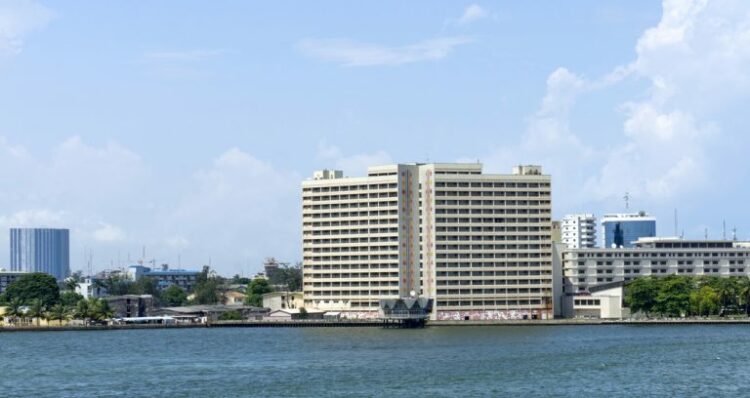The Nigerian naira’s great sell-off continued this week even after the central bank announced its schedule for its first meeting since July. It also collapsed after the government announced measures meant to narrow the gap between the official and the black market rates.
Latest Nigerian naira news
Data by Google shows that the official USD/NGN exchange rate rose slightly to 913 on Wednesday while the black market rate is nearing 1,400. After converging briefly in 2023, the gap has continued to widen this year as the dollar shortage has continued in the past few months.
The most recent Nigerian naira news came on Wednesday when the anti-corruption agency directed exchange traders to publicly post their buying and selling rates of the Nigerian naira. That measure is meant to improve transparency in the currency market.
The news is a major reversal of the previous central bank’s policy of limiting visibility in a bid to boost the official exchange rate. While this is a welcome move, analysts I talked to believe that it will not fix the key challenges in Nigeria.
The main challenge that is dragging the Nigerian naira to the abyss is that there are not enough dollars in circulation. That’s because, like other African countries, Nigeria still carries a substantially high trade deficit. Most importantly, dollar demand has surged as many Nigerians lose interest in naira, a currency that has lost over half of its value in the past few months.
Nigeria central bank decision
Worse, Nigeria has one of the least serious central banks in the world. For one, the last central bank governor is facing legal issues that could see him locked up for many years. The charges allege that he used his power to buy banks and move dollars abroad.
At the same time, for a country whose currency is evaporating, you would expect the central bank to be in the forefront of fighting to save it. However, the bank has not held a meeting since July last year.
The bank has now scheduled a meeting in February and analysts expect it to have its biggest hike in years. Some analysts believe that it will hike rates by between 200 and 300 basis points while others expect more. In a note, an analyst at Standard Chartered said:
“While we’re still fine-tuning our view given the changed meeting schedule, this could see anything from 300 basis points to 500 basis points of front-loaded tightening at the February meeting.”
Again, it is unlikely that the actions by the Central Bank of Nigeria (CBN) will have a major impact on the Nigerian naira. A good example of this is in Kenya, where the central bank has hiked rates several times as the Kenyan shilling has continued plunging.


